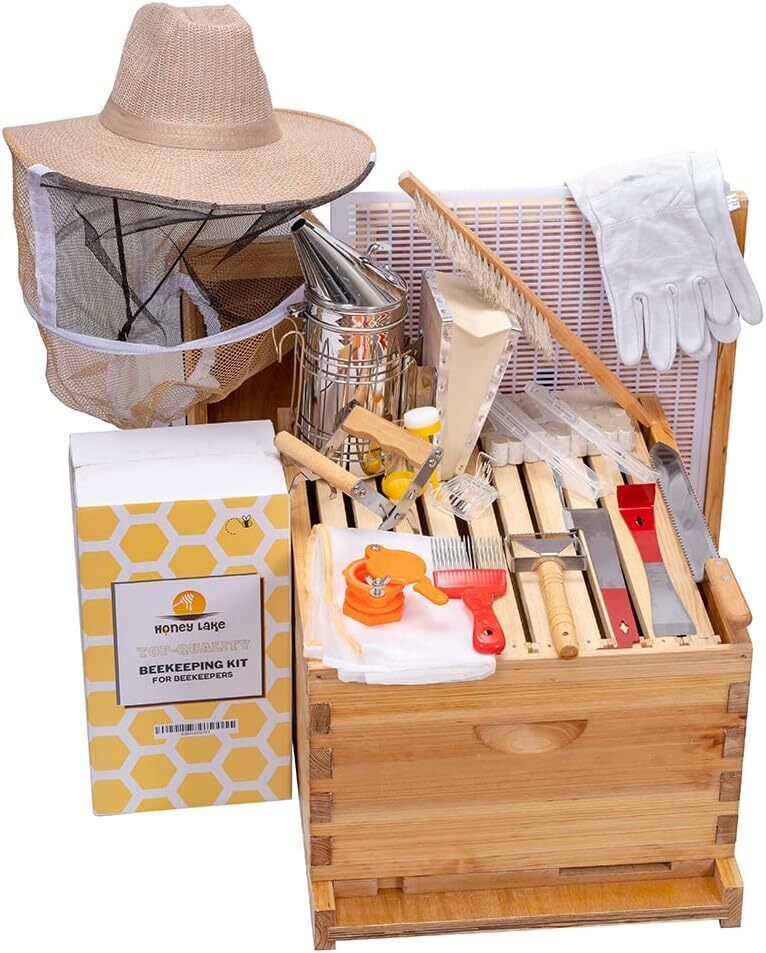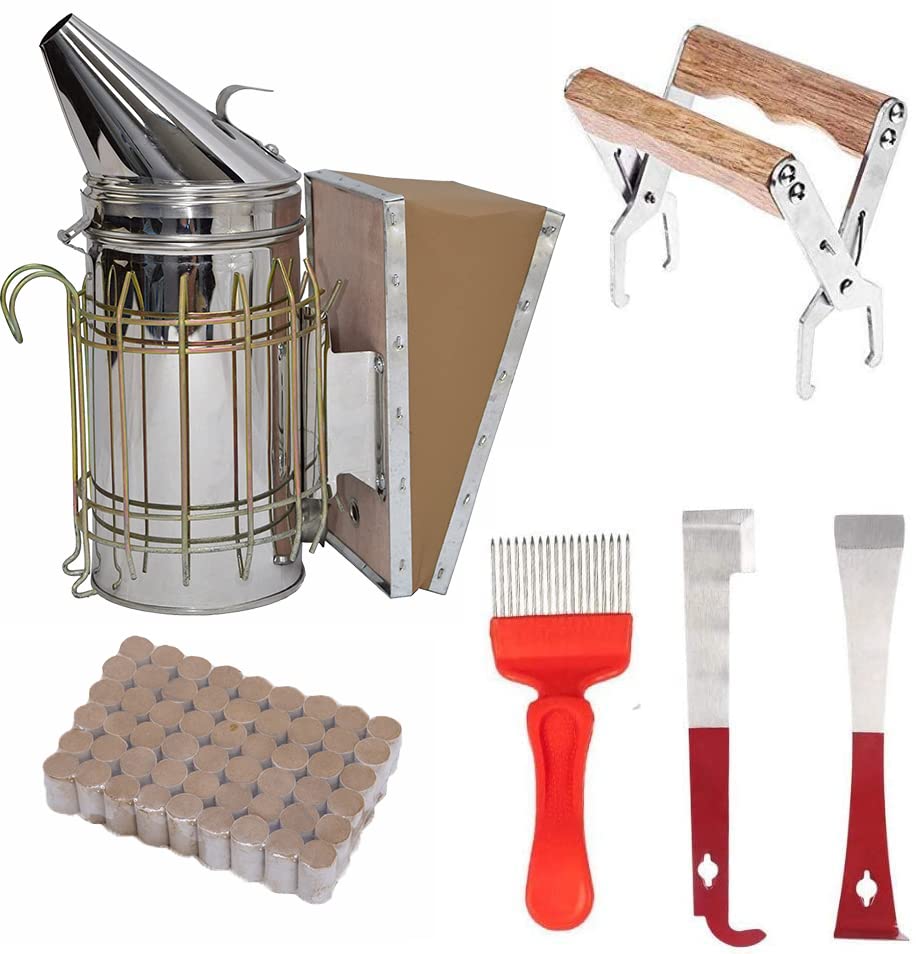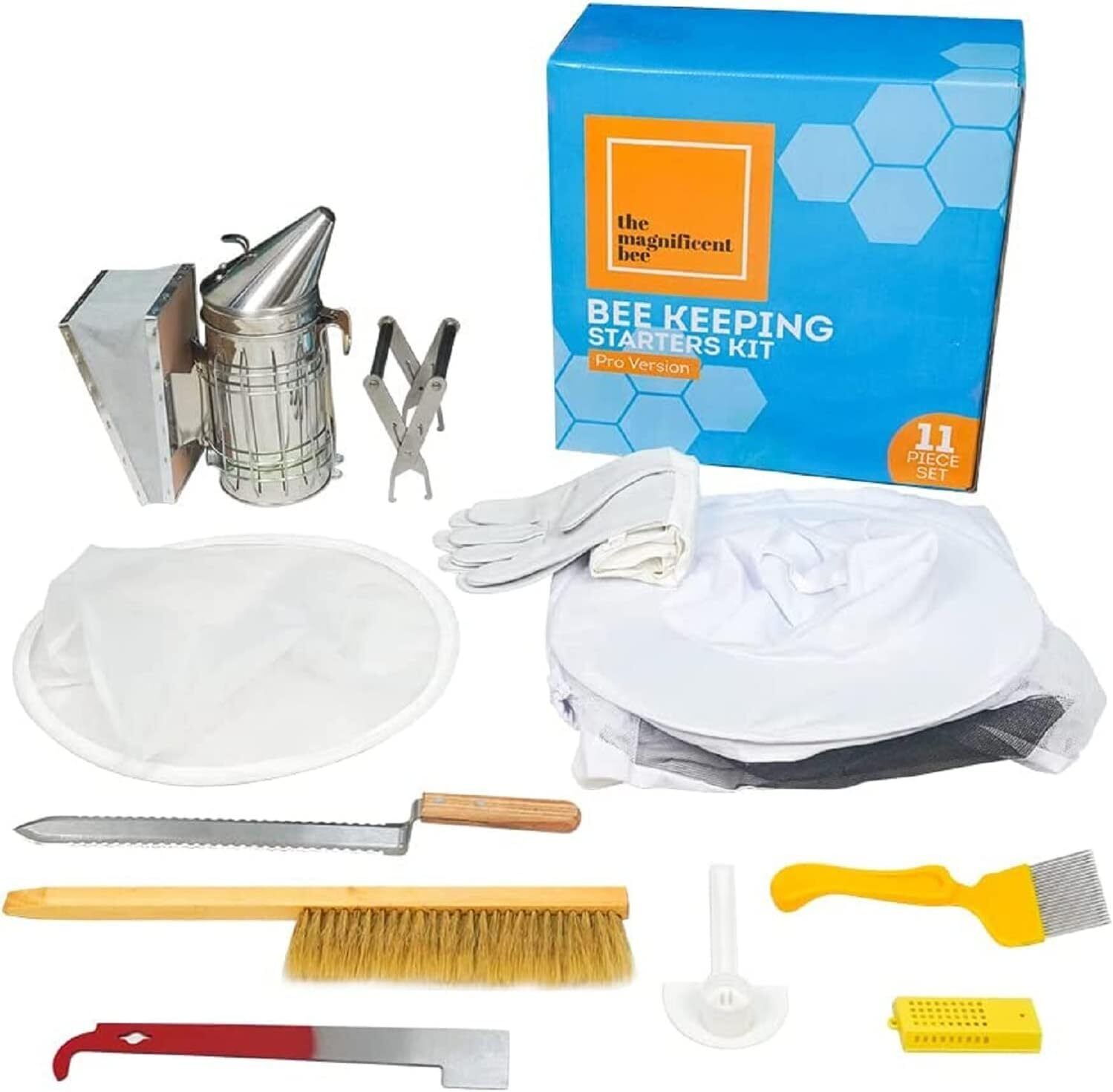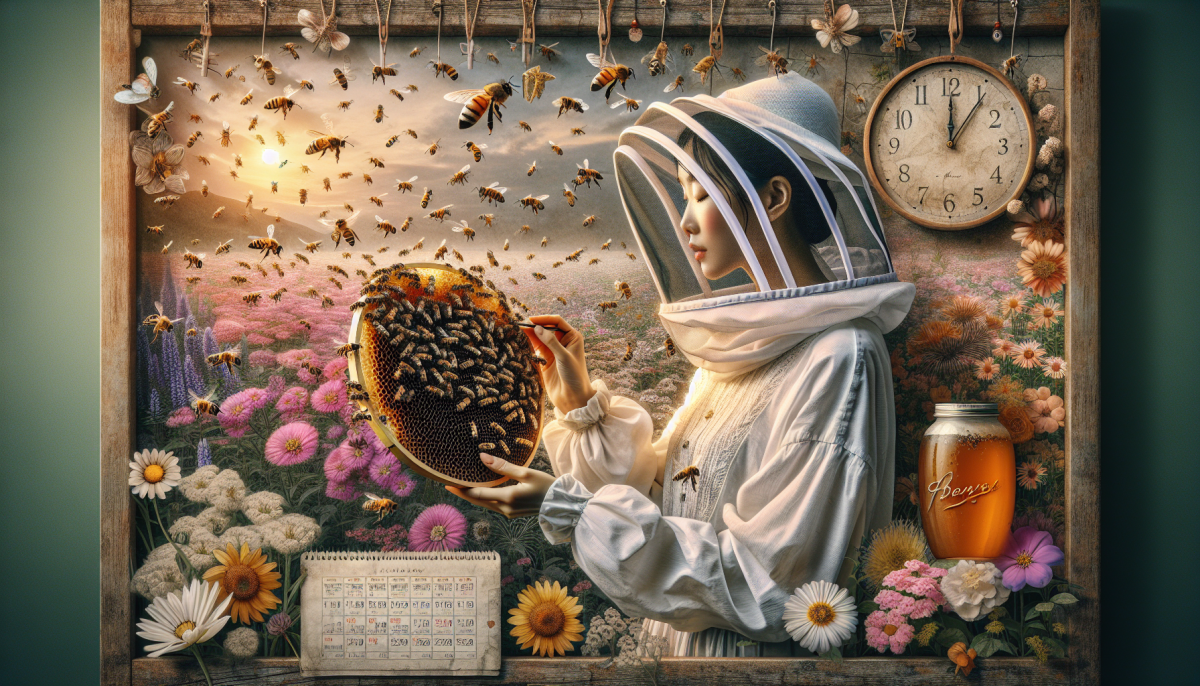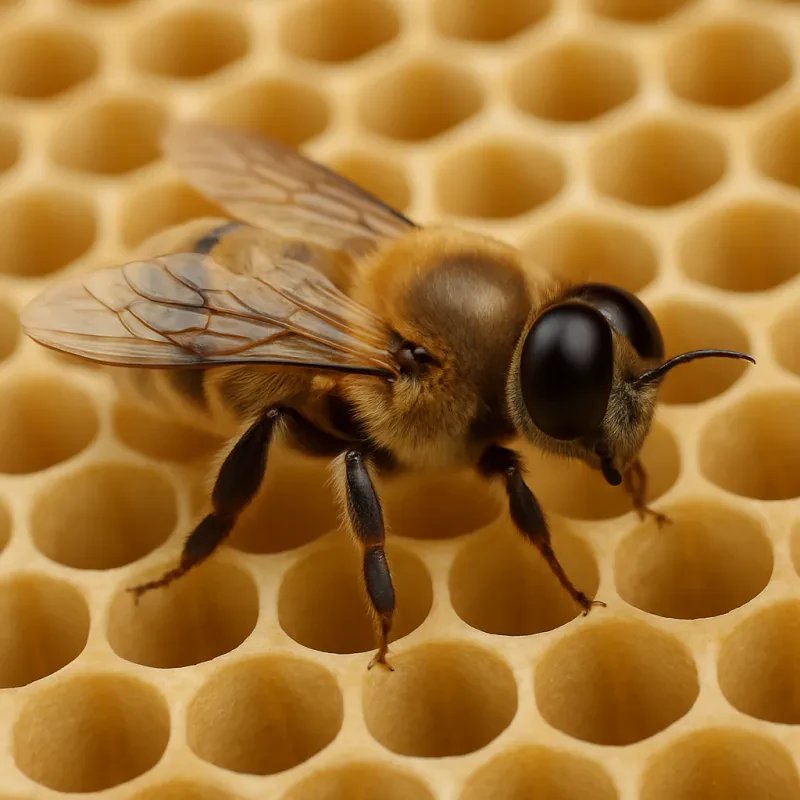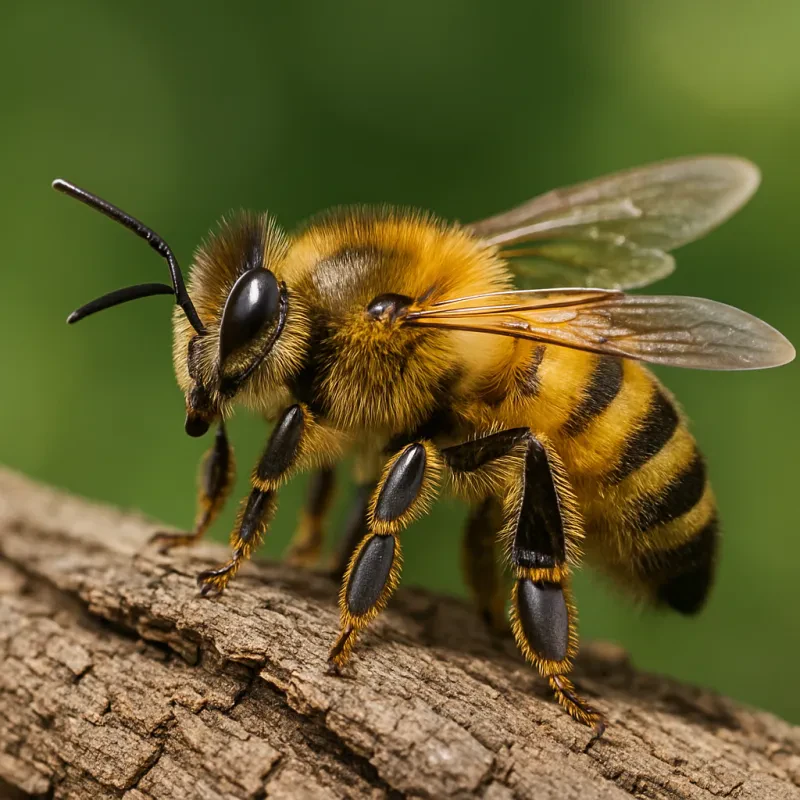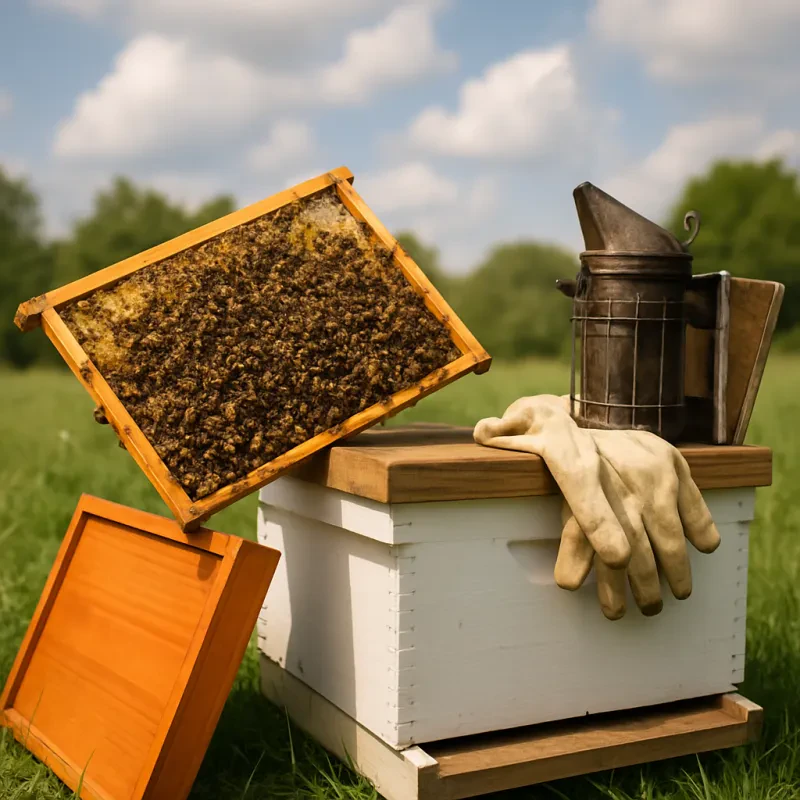How Much Time Does Beekeeping Take? Understanding the Time Investment
Beekeeping is an enriching and educational experience, offering a unique blend of agriculture, science, and art. However, one of the most common questions from aspiring beekeepers is: "How much time does beekeeping take?" This guide will break down the time commitments into daily, weekly, monthly, and yearly duties, helping you understand what to expect throughout the beekeeping calendar.
Introduction to Beekeeping Time Commitments
Beekeeping varies significantly in its demands on your time, depending on the season, the health and strength of your colonies, and your beekeeping goals. It's a hobby that doesn't require daily attention like a pet might, but it does require periodic inspections and maintenance to ensure the health and productivity of your bees. Understanding the seasonal duties of beekeeping can help you manage your time and expectations more effectively.
Daily Duties in Beekeeping
Interestingly, beekeeping doesn’t typically involve daily tasks, except during specific periods or for certain activities. The most crucial daily duty, mainly during the peak season (spring and summer), is a quick external check of your hives. This can include:
- Observing Bee Activity: A brief observation of the hive entrance can tell you a lot about the colony's health and activity. Are bees coming and going regularly? Is there any sign of pests or disease?
- Monitoring Food and Water Sources: During extreme weather conditions, ensuring your bees have access to food (sugar syrup or fondant) and water is vital.
- Security Checks: Ensuring that the hive stands are stable and the hives are secure from predators or vandalism.
Weekly Duties of Beekeeping
Weekly inspections become more critical during certain times of the year, especially in early spring through to the end of summer. These inspections involve:
- Hive Inspection: Checking the frames for signs of the queen’s presence (eggs, larvae), assessing honey and pollen stores, and monitoring for pests and diseases.
- Managing Space: Adding or removing supers as needed to give the colony enough space for brood rearing and honey storage without encouraging swarming.
- Equipment Maintenance: Cleaning and repairing tools and spare equipment to ensure everything is ready when needed.
Monthly Duties in Beekeeping
On a monthly basis, beekeepers might focus on broader hive management strategies and preparations for upcoming seasons. This includes:
- Varroa Mite Control: Implementing or checking on varroa mite treatment and management strategies.
- Record Keeping: Updating your hive records with notes on productivity, issues, and observations can help in planning and addressing any challenges.
- Feeding and Supplementation: Assessing if hives need supplemental feeding or medication based on the season and food stores available.
Yearly Duties in Beekeeping
Annually, there are several critical tasks that beekeepers must undertake to ensure the health and productivity of their hives over the long term:
- Winter Preparation: Ensuring hives are well-insulated, with adequate food stores to survive the winter.
- Equipment Overhaul: The offseason is an excellent time for thoroughly cleaning and repairing all beekeeping equipment, as well as assembling and preparing new equipment for the next season.
- Education and Planning: Winter months are perfect for attending beekeeping courses, joining local beekeeping clubs, and planning for the year ahead.
- Hive Expansion or Reduction: Deciding whether to expand your apiary or reduce the number of hives based on last season’s performance and your beekeeping goals.
Understanding Bee Biology
Before diving into beekeeping, it's essential to understand the basics of bee biology. Bees are social insects, with colonies typically consisting of a single queen, thousands of workers, and, during certain seasons, drones. Each type of bee plays a specific role in the colony's survival and productivity. Learning about their life cycle, behavior, and the structure of their colonies is the first step toward becoming a successful beekeeper.
The Importance of Bees
Bees are critical pollinators, facilitating the reproduction of many flowering plants. This pollination is crucial for the production of fruits, vegetables, and nuts, directly impacting the world's food supply. Additionally, bees produce honey, beeswax, royal jelly, and propolis, all of which have various uses and health benefits.
Preparing for Beekeeping
Choosing the Right Equipment
The right equipment is key to successful beekeeping. At a minimum, you'll need a bee suit, gloves, a hive tool, a smoker, and, of course, the hive itself. There are various types of hives (such as Langstroth, Top-Bar, and Warre hives), each with its own advantages and disadvantages. Researching these options will help you choose the best setup for your needs.
Selecting a Location for Your Hive
Your hive's location can significantly impact your bees' health and productivity. Choose a spot with ample sunlight, minimal wind, and easy access to water. It's also important to consider the flight path of the bees and keep the hive away from public pathways to avoid any conflicts with neighbors or pedestrians.
Getting Your Bees
Where to Obtain Bees
You can acquire bees through various means, including purchasing them from a reputable supplier, catching a swarm, or receiving a nucleus colony from another beekeeper. Each method has its own set of challenges and benefits, so it's important to choose the one that best fits your level of experience and comfort.
Introducing Bees to Their New Home
Once you've obtained your bees, the next step is to introduce them to their new hive. This process requires care and precision to ensure the bees' safety and encourage them to accept the hive as their new home. Techniques vary depending on the type of bees you have and the method you used to acquire them.
Beekeeping Maintenance
Inspecting Your Hive
Regular hive inspections are crucial for monitoring the health and productivity of your bee colony. Inspections allow you to check for diseases, assess food stores, and ensure the queen is present and laying eggs. However, it's important to balance the frequency of inspections to avoid stressing the bees unnecessarily.
Managing Pests and Diseases
Bee colonies can be susceptible to various pests and diseases. Being proactive about management practices, such as maintaining hive cleanliness and monitoring for signs of trouble, is essential. In some cases, treatments may be necessary to protect your bees' health.
Harvesting Honey
Knowing When to Harvest
Timing is crucial when it comes to harvesting honey. You'll want to wait until the bees have capped the honeycombs, indicating that the honey is ready. However, it's also important to leave enough honey for the bees to survive the winter.
The Harvesting Process
Harvesting honey involves removing frames from the hive, extracting the honey, and then filtering it to remove any debris. The process should be done carefully to minimize disturbance to the bees and ensure the quality of the honey.
Beekeeping is a rewarding venture that not only offers the sweet reward of honey but also contributes to the health of our environment. By following this guide and continuing to learn and adapt, you'll be well on your way to becoming a successful beekeeper. Remember, every beekeeper was once a beginner, and with patience and perseverance, you can contribute to the fascinating world of apiculture.
Rewarding Journey of Beekeeping
While the time commitment for beekeeping can vary, most beekeepers find the experience deeply rewarding and worth the effort. Whether it's witnessing the complex social structure of a hive, harvesting honey, or contributing to local agriculture through pollination, beekeeping offers a fascinating window into the natural world. By understanding the seasonal duties and planning accordingly, you can enjoy the fruits of beekeeping without feeling overwhelmed by the time commitment.
Keeping bees is not only a fascinating hobby but also a crucial contribution to our ecosystem's health. Bees play a vital role in pollinating many of the crops we rely on for food. If you're interested in starting your journey into beekeeping, this comprehensive guide will walk you through everything you need to know. From understanding the basics of bee biology to harvesting your first batch of honey, we've got you covered.
